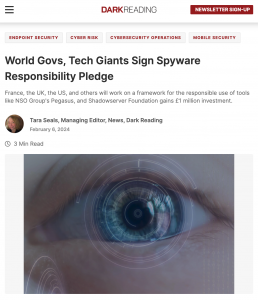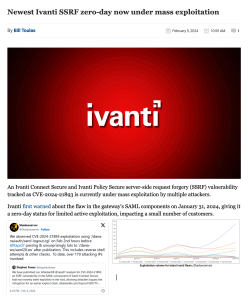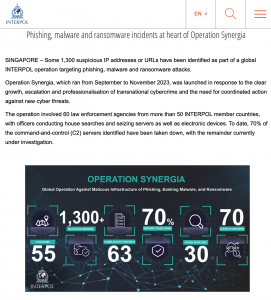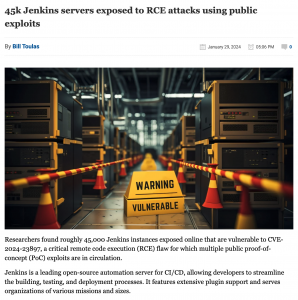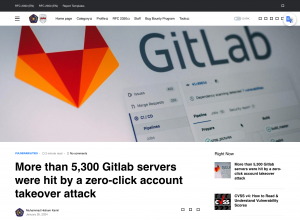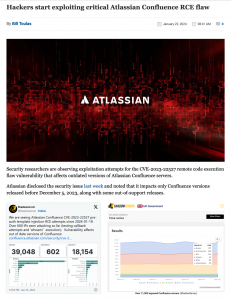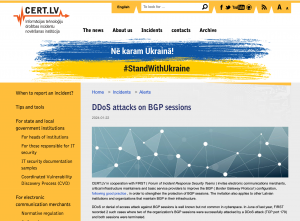World Govs, Tech Giants Sign Spyware Responsibility Pledge
A coalition of dozens of countries including France, the UK, and the US, along with tech giants such as Google, Meta, and Microsoft, have signed a joint agreement to combat the use of commercial spyware in ways that violate human rights.
At a speech at the UK-France Cyber Proliferation conference at Lancaster House in London today, UK Deputy Prime Minister Oliver Dowden announced the kickoff for the spyware initiative, dubbed the “Pall Mall Process,” which will be a “multi-stakeholder initiative … to tackle the proliferation and irresponsible use of commercially available cyber-intrusion capabilities,” he explained.
He also announced that the UK will invest £1 million into the nonprofit Shadowserver Foundation, to “help them expand the access they provide to early warning systems, and to cyber resilience support for those impacted by cyberattacks.”


